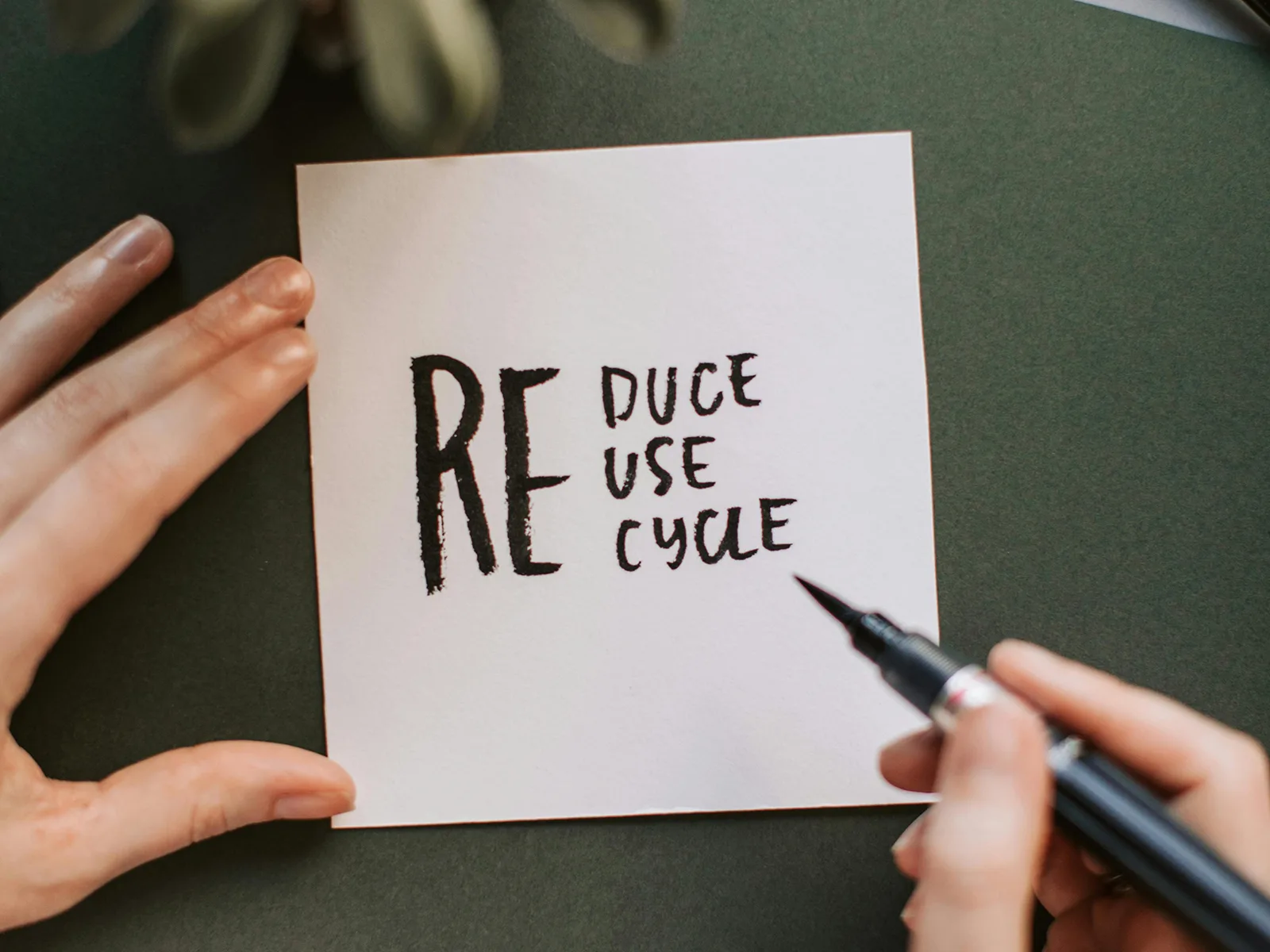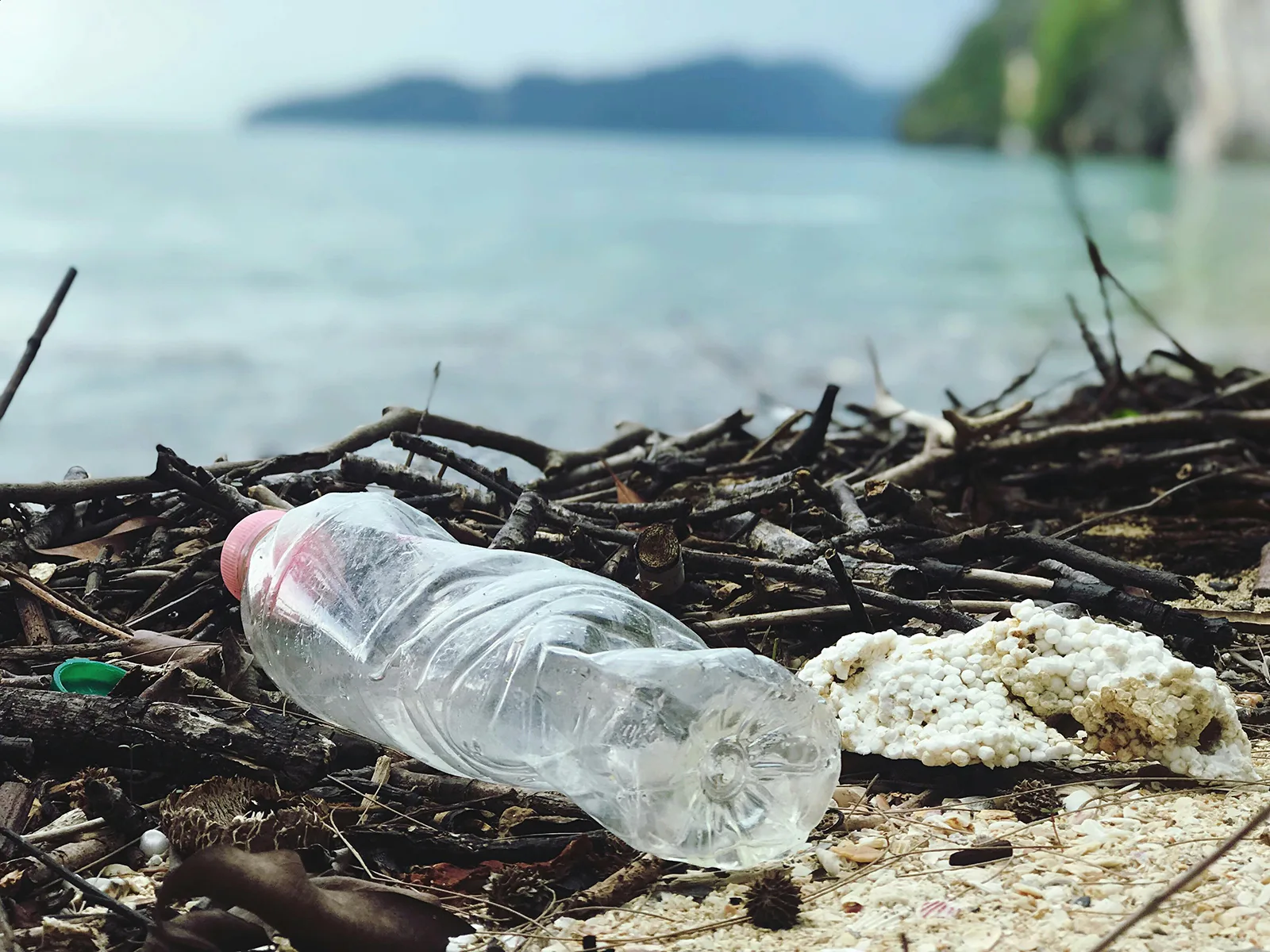The recent findings of a UK-wide study on consumer perceptions of sustainable brands have revealed some startling truths: greenwashing tactics are effective, and major corporations are adept at employing them.
While there’s a plethora of sustainability issues to delve into, let’s narrow our focus in this article to the pervasive problem of waste. It’s a concern that affects us all, yet often receives scant attention regarding its ultimate destination.
The hairdressing profession, despite its glamorous facade, is historically notorious for its wasteful practices. While clients may not notice it during their salon visits, the behind-the-scenes production of hair magic generates a substantial amount of waste, especially during colour services.
What Type of waste are we talking about?
Some waste is conspicuous, like discarded hair and product packaging. However, there are less obvious culprits such as colour tubes, highlighting foils, developer bottles, and protective items like plastic caps and capes. Additionally, there’s chemical waste and the significant water consumption inherent in salon operations.
What’s typically being done to address this issue?
Unfortunately, not much. Many salons, based on my experience, rely on local recycling services to handle their waste. While this may seem like a responsible approach, delving deeper reveals a stark reality: local services are ill-equipped to manage the diverse waste stream from hair salons, leading to the majority ending up in landfills. Shockingly, research by Eco Hair & Beauty indicates that UK hairdressers recycle a mere 1% of their foil usage. Clearly, there’s ample room for improvement.

What steps am I taking to tackle this problem?
Through my partnership with ‘Handle’, a recycling service specialising in hard-to-process materials, we’re diverting a significant portion of our waste from landfills. Moreover, I’ve implemented changes in my business practices, such as avoiding single-use plastics, embracing digital alternatives, and conserving water wherever feasible. Importantly, I’ve made sustainability a core value of my business, rather than treating it as an afterthought.
For instance, I’m only using ‘Scrummi’ biodegradable towels, which decompose within months, saving substantial water, energy, and chemicals. Furthermore, my “plastic” wraps are made from corn starch, ensuring they’re 100% biodegradable. Additionally, the haircare products I use come exclusively from O-Way & Kevin Murphy, packaged in infinitely recyclable glass or aluminium and recycled ocean plastic.

Is recycling alone the solution?
Yes and no. While recycling plays a crucial role in waste management, true sustainability entails a paradigm shift away from materials that can’t be endlessly recycled or reused. This necessitates not only individual action but also collective pressure on corporations and governments to embrace a circular economy mindset.
We should aspire towards a future where every product is designed with recyclability and reusability in mind. However, this vision remains distant until major stakeholders—corporations and governments—commit to substantive change.
While the road to a fully sustainable future may seem daunting, every effort counts. By raising awareness, implementing practical solutions, and advocating for systemic change, we can pave the way for a greener, more sustainable world.
